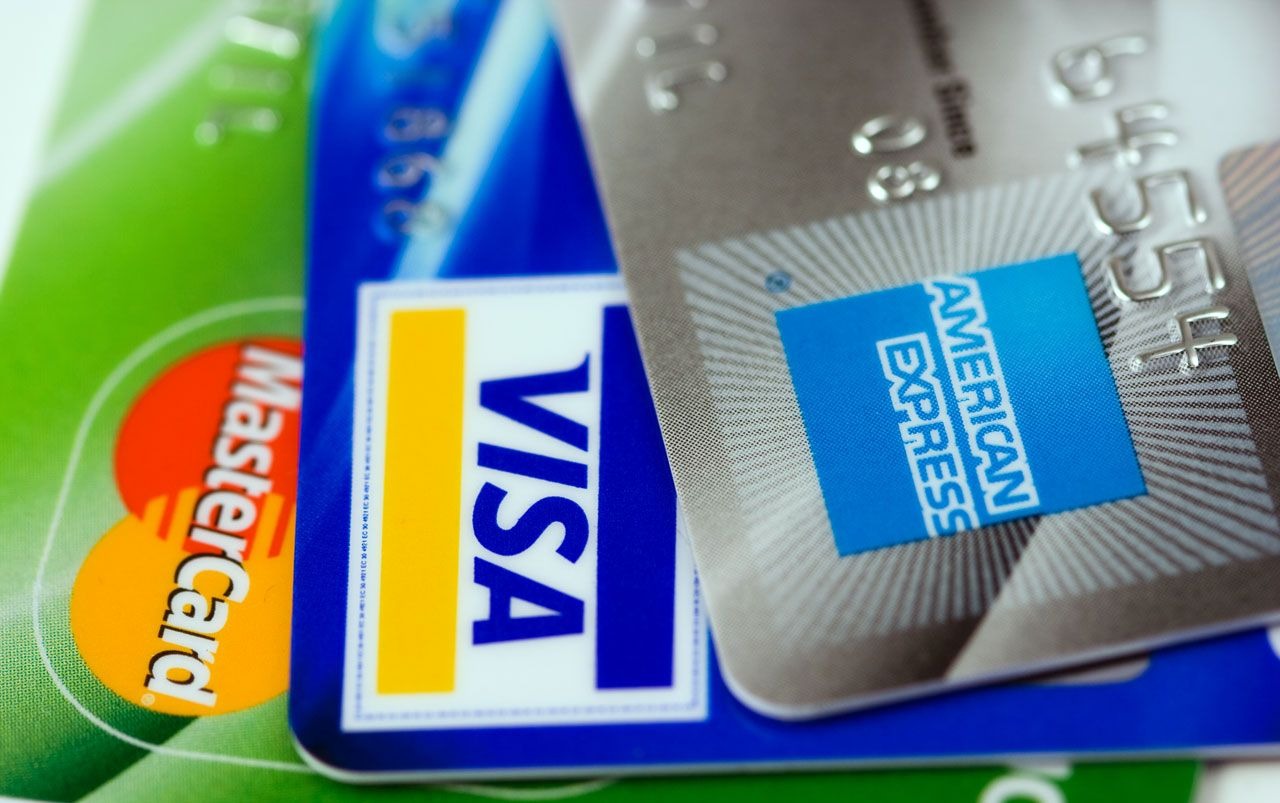Merchant Account Settlement Periods
What is a "Settlement Period?"
The "settlement period" is the period of time between when a payment to you is authorised and when you receive the money in your business bank account. It can be anywhere from 24 hours to 8 weeks, but three working days is typical for established businesses with their own merchant account.
Why do Banks Require a Settlement Period?
Banks want to have as few chargebacks and fraudulent transactions as possible. The sooner they make your money available, the more chance there is that you might run off with the money before chargebacks start to occur. Holding onto the money for a few days makes it harder for you to take money out before issues come to light.
What Affects Your Settlement Period?
The settlement period is something that you can negotiate with your merchant account provider. The main factors that banks consider are:
- The payment method or card type
- Your business model
- What you sell
- How long after payment you deliver the product or service
- Your company's financial position and trading history
What About Rolling Reserves?
Even after the settlement period following a transaction, banks will often keep hold of a percentage of your total sales for each month in what are known as 'rolling reserves'. These will typically be held for around six months to cover any chargebacks.
How Can I Get a Shorter Settlement Period?
There are a few main ways to shorten your settlement period.
1. Stay in Business!
The longer your trading history, the less risky the banks will consider you to be. This is especially important early on. A business with no trading history is considered much riskier than one that's been trading for a year or two. So one way to get a shorter settlement period is simply to wait a year or so, then go back to your merchant account provider and ask!
2. Get a business bank account and merchant account from the same bank
Some banks offer same-day transfers if you're using their merchant services. You may have to pay for this service.
3. Negotiate to offset the risk in different ways
Fixed or rolling reserves can also be used to offset the risk of a short settlement period. You may find you can negotiate a shorter settlement period in return for a higher reserve percentage and/or a longer reserve period. (Though there'll be no getting round some impact on your cashflow!)
